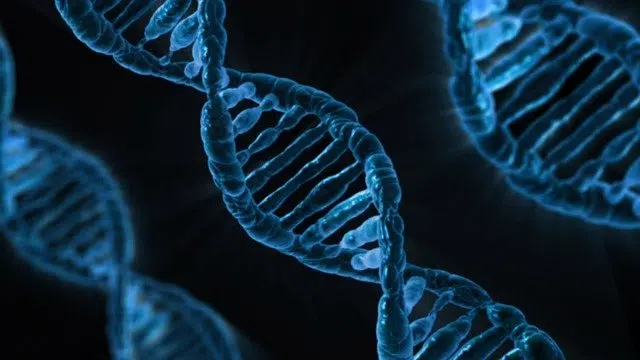
The biological sciences are dedicated to the study of life.
The biological sciences are those that are dedicated to studying life and its processes . It is a branch of natural sciences that investigates the origin, evolution and properties of living beings.
These sciences , which are also grouped under the name of biology , analyze the characteristics of individual organisms and species as a whole, studying the interactions between them and with the environment.
What are the biological sciences
There are multiple disciplines that belong to the field of biological sciences, such as anatomy , botany , ecology , physiology , genetics , immunology , taxonomy and zoology .
Among these sciences, there are two that stand out: botany (the science dedicated to the study of plants) and zoology (dedicated to the study of animals). Both constitute the main branches of biology, while medicine is the science dedicated to the life, health, illness and death of human beings and is considered part of the health sciences.
Cells with a common biochemistry
Biological sciences have shown that all life is composed of cells based on a common biochemistry . Organisms use genetic material to transmit their hereditary characteristics, present in DNA . These principles are based on the existence of a common ancestor to all living beings that has followed a process of evolution (which is why biological organisms share similar processes).
The basic unit of hereditary material is the gene , formed by a fragment of chromosome DNA that encodes a protein. Knowledge of this fact made it possible to understand that all living beings need each other and are related to each other and, above all, that the survival of some is only possible if others also manage to survive.

DNA makes it possible to transmit hereditary characteristics from generation to generation.
Biological sciences and environment
Human beings, despite attempts to move further and further away from their animal essence, are part of nature ; Therefore, knowledge of the species with which it shares its environment and the search for balanced relationships can be vital for its survival.
When we approach the environment and study it , we can also understand ourselves better, learning from our capabilities and enhancing our abilities to achieve a better quality of life .
Within the sciences, biology is responsible for analyzing the interactions of various species in a natural environment, preventing the consequences that a certain human action can have on a virgin or natural space. The work carried out by those specialized in this sector can be vital to preserving the planet . Today, when so many human experiments have led to a significant imbalance in relationships with the environment, research and work to raise awareness among everyone about the search for a life that is not put at risk is essential. the natural balance .
The study of environmental problems
The problems related to the interaction of human beings with their environment are specifically studied by the various branches of biological sciences, detailed previously.
In this way, everything that has to do with situations caused by humans that can cause contamination or damage to a natural space will be studied by ecology; which will try to provide answers and alternatives to heal the damage caused or work to shorten its consequences. On the other hand, it is worth mentioning that knowledge of the development of the rest of the species (life expectancy, physiological needs, relationships established, etc.) can be essential to ensure their survival, if this depended on human action. Other branches of biology such as zoology are responsible for this work.
